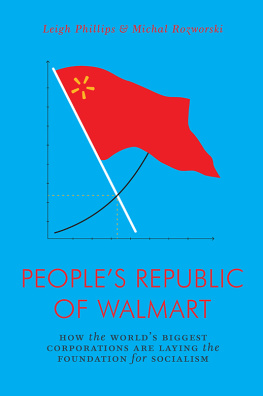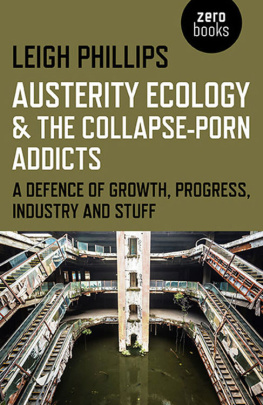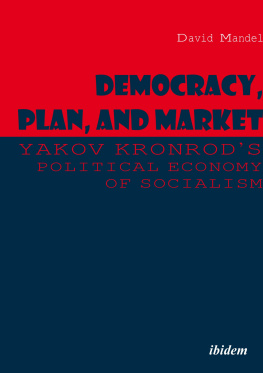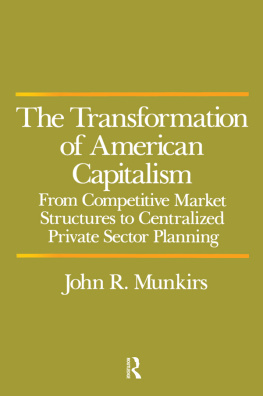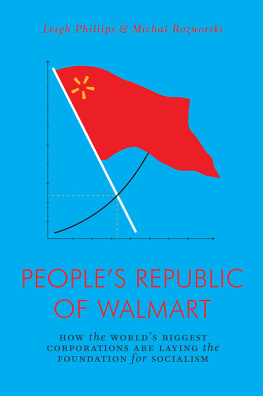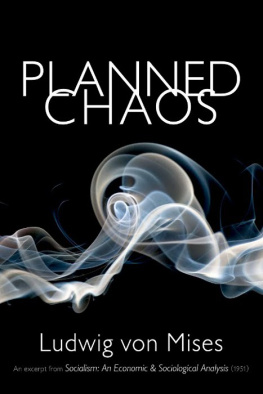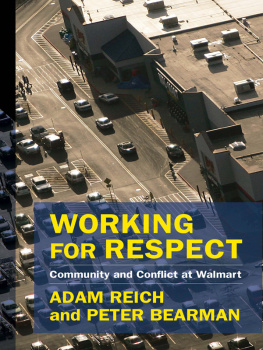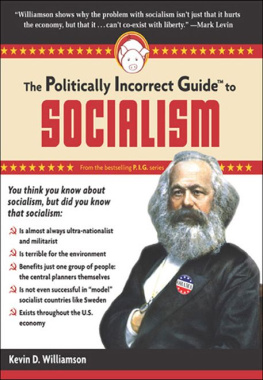Contents

The Peoples Republic of Walmart

The Jacobin series features short interrogations of politics, economics, and culture from a socialist perspective, as an avenue to radical political practice. The books offer critical analysis and engagement with the history and ideas of the Left in an accessible format.
The series is a collaboration between Verso Books and Jacobin magazine, which is published quarterly in print and online at jacobinmag.com.
Other titles in this series available from Verso Books:
Utopia or Bust by Benjamin Kunkel
Playing the Whore by Melissa Gira Grant
Strike for America by Micah Uetricht
The New Prophets of Capital by Nicole Aschoff
Four Futures by Peter Frase
Class War by Megan Erickson
Building the Commune by George Ciccariello-Maher
Capital City by Samuel Stein
The Peoples Republic
of Walmart
How the Worlds Biggest
Corporations Are Laying the
Foundation for Socialism
LEIGH PHILLIPS AND
MICHAL ROZWORSKI

First published by Verso 2019
Leigh Phillips and Michal Rozworski 2019
All rights reserved
The moral rights of the authors have been asserted
1 3 5 7 9 10 8 6 4 2
Verso
UK: 6 Meard Street, London W1F 0EG
US: 20 Jay Street, Suite 1010, Brooklyn, NY 11201
versobooks.com
Verso is the imprint of New Left Books
ISBN-13: 978-1-78663-516-7
ISBN-13: 978-1-78663-517-4 (UK EBK)
ISBN-13: 978-1-78663-518-1 (US EBK)
British Library Cataloguing in Publication Data
A catalogue record for this book is available from the British Library
Library of Congress Cataloging-in-Publication Data
A catalog record for this book is available from the Library of Congress
Typeset in Monotype Fournier
Printed in the US by Maple Press
CONTENTS
The idea for this book was born of a beer or three at a scruffy Gastown pub early on in our friendship. Sharing our frustrations about the absence of democratic planning from political debate, we quickly realized that we were both thinking of writing the very same book. But a million grand schemes are nightly forged in the workshop that is the tavern, only for them to have vanished by morning. This time however, surprisingly to both of us, such an intrigue has actually obtained results.
For that to have happened, we owe a large debt in particular to Bhaskar Sunkara, publisher of Jacobin magazine, who helped fashion our rough idea into the book you hold in your hands, championing the project all along the way. Warm thanks are also due Ben Mabie, Andy Hsiao and Duncan Ranslem, our thoughtful editors at Verso.
We would both like to thank Cory Doctorow, Ross Duncan, Gemma Galdon, Sam Gindin, Scott Kilpatrick, Ken MacLeod, James Meadway, Derrick OKeefe, Nick Srnicek, Nathan Tankus, Tadeusz Tietze and J. W. Mason for their suggestions at various phases of development. It would have been a much poorer work absent the generous gift of their time and their insightful comments. Any clanging errors that remain or laughably obvious lacunae that went unnoticed are nevertheless entirely the fault of the authors.
Leigh would like to thank the workers at the beverage-mongering establishments Habit, Oto, and Cenote, where much of his writing took place indifferent to hints that he really ought to buy another something given how long hes been typing away while nursing that surely-by-now lukewarm coffee.
Michals biggest thanks goes to his brilliant wife Karolina, without whose encouragement and patience this book would not have been written, and who had to find out what its like to have someone in the house writing a book while youre trying to finish a dissertation or, worse, trying to vacation.
We would also like to thank all our comrades and friends who offered encouragement, critique and other help at different stages; no book is an individual effort, however meticulously planned.
So youre writing a book celebrating Walmart, eh?
Er, no. Not exactly. Or, well, yes, in a way. You see, the logistical marvel that is Walmart, we do quite like. But its so much more complicated than that.
Bit of an odd topic for a pair of socialists. How on earth can you defend Walmart, with all their union busting, low wages and destruction of communities? Are they not one of the most evil companies in the world?
Were not defending Walmart, and certainly not union busting. Were just intrigued by how this epitome of capitalism is also, paradoxically, a vast planned economy. Very intrigued.
Variations on this conversational theme have repeated themselves since we started writing this book. Invariably among progressive friends of ours, concerned or suspicious eyebrows have been raised.
So let us be clear from the outset: Walmart is an execrable, sinister, low-down dirty villain of a company.
Lamentably, the word flagitiousmeaning horribly criminal or wicked, but also sharing a root with the word flagellate or whip, the Latin term flagitium, meaning shameful thingis uncommon these days; yet at the same time that it is apropos for such a flagrantly socially delinquent business, it only begins to express the piercing, wolf-like hatred we two authors feel for Walmart.
Like any firm, Walmart is forced via competition in the market to reduce costs, notably labor coststhat most bendy and squishable portion of an enterprises expenditure. While none of this is very nice, it would hardly be fair to describe Walmart as uniquely evil. Sure, it pays poverty wages, depends upon Asian sweatshops and both child and prison labor, and disembowels high streets with all the relish and lan of the third-century torturers of Saint Elmo. But who doesnt these days? Nevertheless, few other corporations seem to carry out their worker-immiserating, anti-union practices with quite such zeal, such crushing mastery; Walmart regards union busting not only as a necessary accompaniment to their enterprise, but places it at the very core of their business model. I pay low wages, said founder Sam Walton. I can take advantage of that. Were going to be successful, but the basis is a very low-wage, low-benefit model of employment.
So no one should conclude, before reading a word of what we say (or indeed after reading every word but misapprehending what we say), that this book intends to be in any way a hip, contrarian apology for Walmart or Amazon or the Pentagon or for any of the other enterprises whose planning and logistics operations we investigate. That is not our purpose. Walmart should offer no inspiration for progressives.
With that throat-clearing out of the way, and now that everyone is content that we have no love for Walmart, we want to talk about how we nevertheless have admiration for Walmart, much as how an epidemiologist concedes an irrefutable genius to the wicked evolutionary dexterity of drug-resistant tuberculosis; or in the way that Milton finds Satan, rather than Jesus, to be the more interesting character; or the manner in which Sherlock Holmes can simultaneously revile and admire the intricate, canny stratagems of the malign savant Professor Moriarty.

